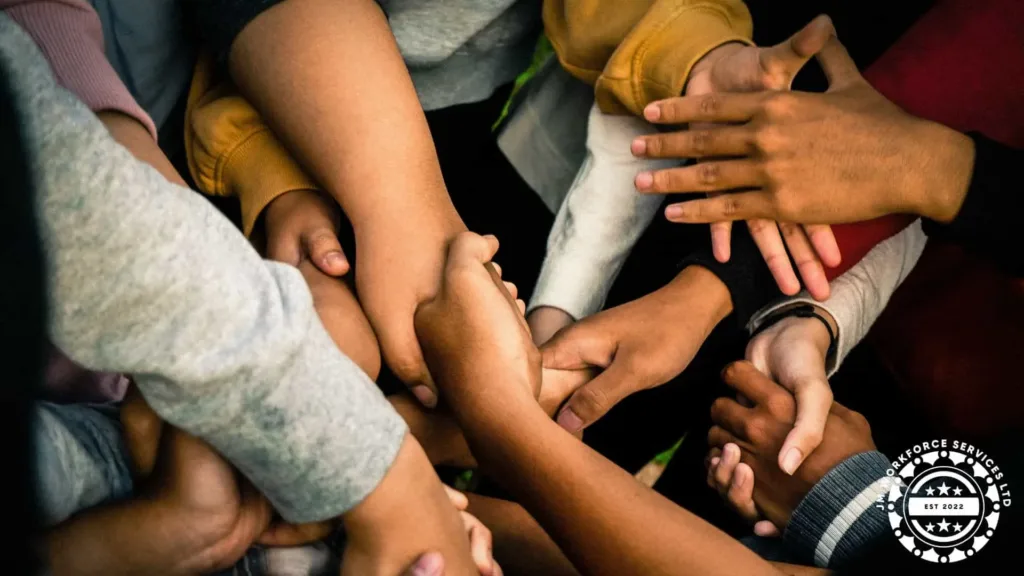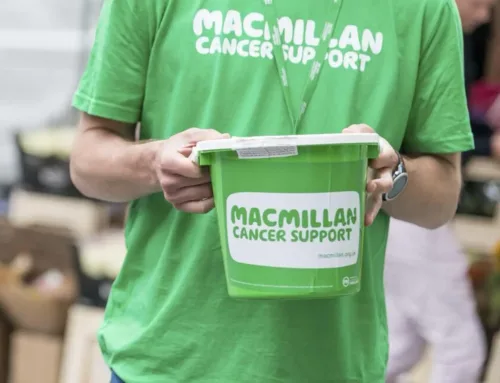Handling trauma in young people is a crucial aspect of supporting their emotional and psychological well-being, especially for those in care. These young individuals often face significant challenges that can leave lasting emotional scars. Whether they’ve experienced neglect, abuse, or separation from their biological families, trauma can deeply affect their development and mental health.
In this blog, we’ll discuss effective strategies for handling trauma in young people in care. By understanding their experiences and providing the right support, caregivers and professionals can help these young individuals heal, grow, and thrive.
The Impact of Trauma on Young People in Care
Trauma in young people, especially those in care, can manifest in many different ways. It might affect their emotional regulation, behavior, and overall sense of self-worth. Common symptoms include anxiety, depression, aggression, and difficulty in forming healthy relationships. Without proper support, trauma can impede their social and academic success, leading to long-term consequences.
It is essential to recognize that trauma affects everyone differently. Therefore, understanding each child’s unique experience and needs is key to offering the right support.
Creating a Safe Environment for Healing
One of the first and most important steps in handling trauma in young people in care is creating a safe and supportive environment. Safety is not just about physical protection but also emotional and psychological security.
A trauma-informed environment allows young people to feel valued and respected. This can be achieved by maintaining consistency in caregiving, providing emotional stability, and fostering an open space where the child feels comfortable expressing themselves without fear of judgment.
Building Trust with Young People
Many young people in care have experienced broken trust in their past, which can make it difficult for them to form connections. Building trust is essential for handling trauma in young people and requires patience, consistency, and understanding.
Caregivers should strive to be reliable and predictable. Small, consistent acts of kindness—such as listening attentively and following through on promises—can go a long way in building a trusting relationship. Offering a sense of security and letting the young person know that they are not alone can help rebuild trust over time.

Trauma-Informed Care Approach
A trauma-informed care approach is essential when handling trauma in young people in care. This approach recognizes the widespread impact of trauma and emphasizes understanding its effects, integrating knowledge about trauma into practices, and actively seeking to avoid re-traumatization.
Training caregivers and professionals in trauma-informed care is a critical step. This includes teaching them how to recognize signs of trauma, respond appropriately to traumatic behavior, and ensure that the care environment promotes healing. It’s also about providing young people with the tools and support they need to manage their emotional responses and behaviors effectively.
Encouraging Healthy Expression of Emotions
Many young people in care struggle to express their emotions in healthy ways, particularly if they have never been taught how to cope with difficult feelings. Encouraging healthy emotional expression is a key aspect of handling trauma in young people.
Caregivers can help by creating outlets for self-expression, such as art, music, journaling, or physical activity. These activities can help young people process their feelings in a non-threatening way. Additionally, teaching them emotional regulation strategies—such as mindfulness, relaxation techniques, or deep breathing exercises—can help them cope with overwhelming emotions.
Providing Access to Professional Support
Dealing with trauma often requires professional help. Handling trauma in young people in care should include providing access to counseling and therapy services that specialize in trauma recovery. Therapy options may include individual counseling, group therapy, or even family therapy, depending on the child’s needs.
Working with mental health professionals who are trained in trauma can help young people understand their experiences, develop coping mechanisms, and begin the healing process. Therapy can also help young people work through their emotions in a safe and supportive environment.
Fostering Strong Relationships and Support Networks
For many young people in care, building positive relationships is a critical step in recovery. Support networks, whether through mentors, peers, or family members, play a crucial role in handling trauma in young people.
Caregivers can encourage these relationships by facilitating positive social interactions, encouraging community involvement, and ensuring that the young person has consistent support from trusted individuals. Peer support groups, in which young people share their experiences with others who have gone through similar challenges, can also be a powerful healing tool.
Providing Life Skills and Empowerment
Helping young people develop life skills is essential to handling trauma in young people in care. Empowering them to take control of their lives, make decisions, and build self-esteem is key to their healing journey.
Practical life skills—such as financial literacy, time management, decision-making, and problem-solving—are all part of helping young people become more self-sufficient. Encouraging them to take on responsibilities and make choices that affect their lives can give them a sense of control and autonomy, which can be empowering.

Conclusion
Handling trauma in young people in care requires a multifaceted approach that combines emotional support, safety, professional help, and empowerment. By creating a nurturing environment, building trust, and providing the right resources, caregivers can help these young individuals heal and thrive. Every young person deserves the chance to recover from their trauma and build a bright future.
At JM Workforce, we offer comprehensive support for young people in care, ensuring they receive the guidance and resources they need to overcome their challenges and succeed in life.
Also Read: How can care workers working with young people protect their mental health
FAQs
1. How can I build trust with a young person who has experienced trauma?
Building trust with a young person who has experienced trauma requires patience, consistency, and reliability. Small gestures like being present, keeping promises, and showing empathy can help re-establish trust over time.
2. What is a trauma-informed care approach?
A trauma-informed care approach acknowledges the impact of trauma on individuals and emphasizes understanding its effects. It involves creating a safe, supportive environment and training caregivers to respond in a way that avoids re-traumatization.
3. How can I help a young person express their emotions healthily?
Encourage healthy emotional expression through activities like art, journaling, and physical movement. Teach emotional regulation techniques such as mindfulness and deep breathing exercises to help the young person manage overwhelming feelings.
4. When should a young person in care see a therapist?
A young person in care should see a therapist when they exhibit signs of mental distress, such as depression, anxiety, or aggression. Professional therapy can help them process their emotions and develop healthy coping strategies.
5. Why are life skills important for young people in care?
Life skills are crucial for young people in care because they foster independence, responsibility, and self-esteem. Teaching skills like time management, decision-making, and problem-solving helps young people regain control over their lives and build confidence.






